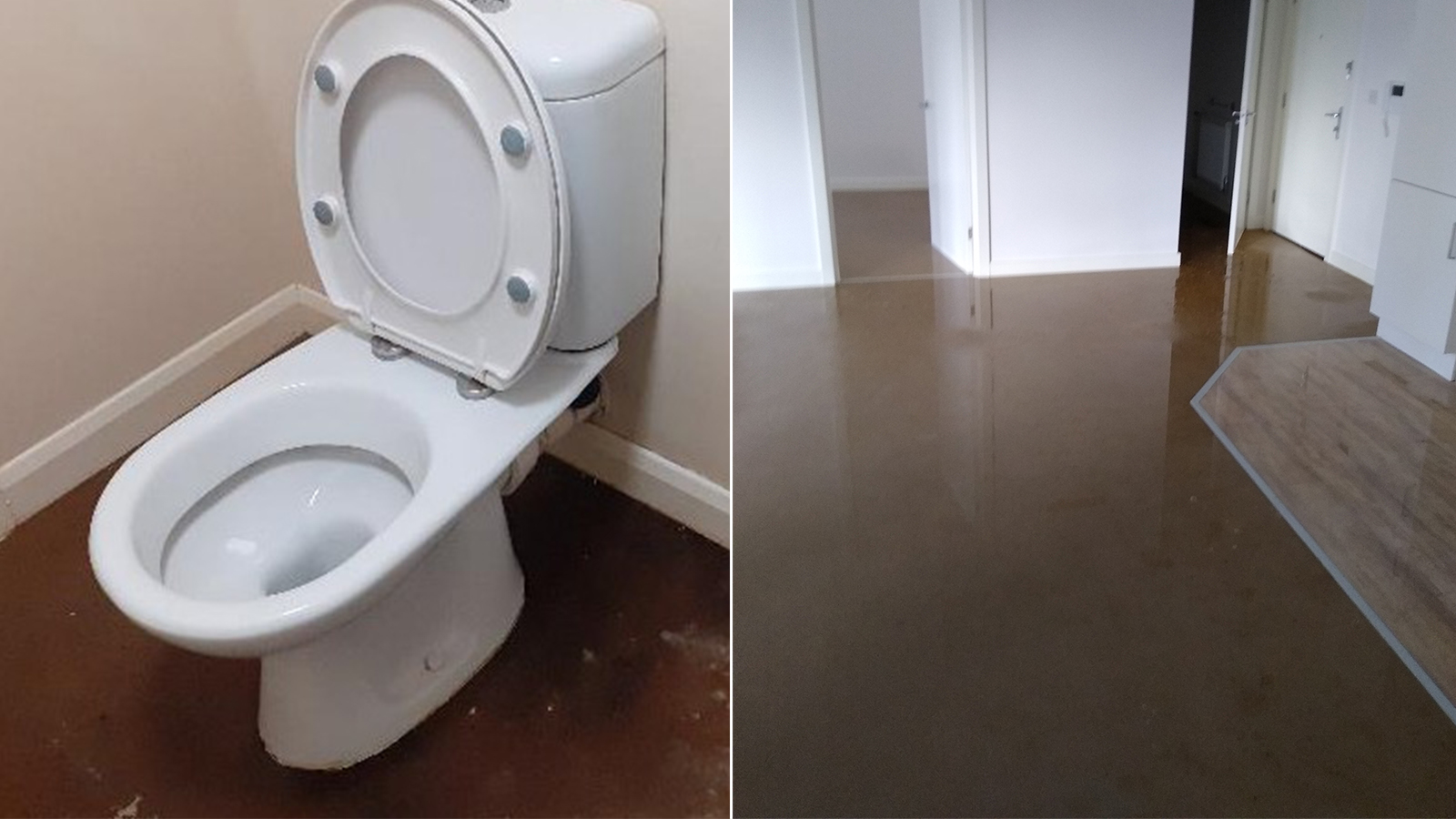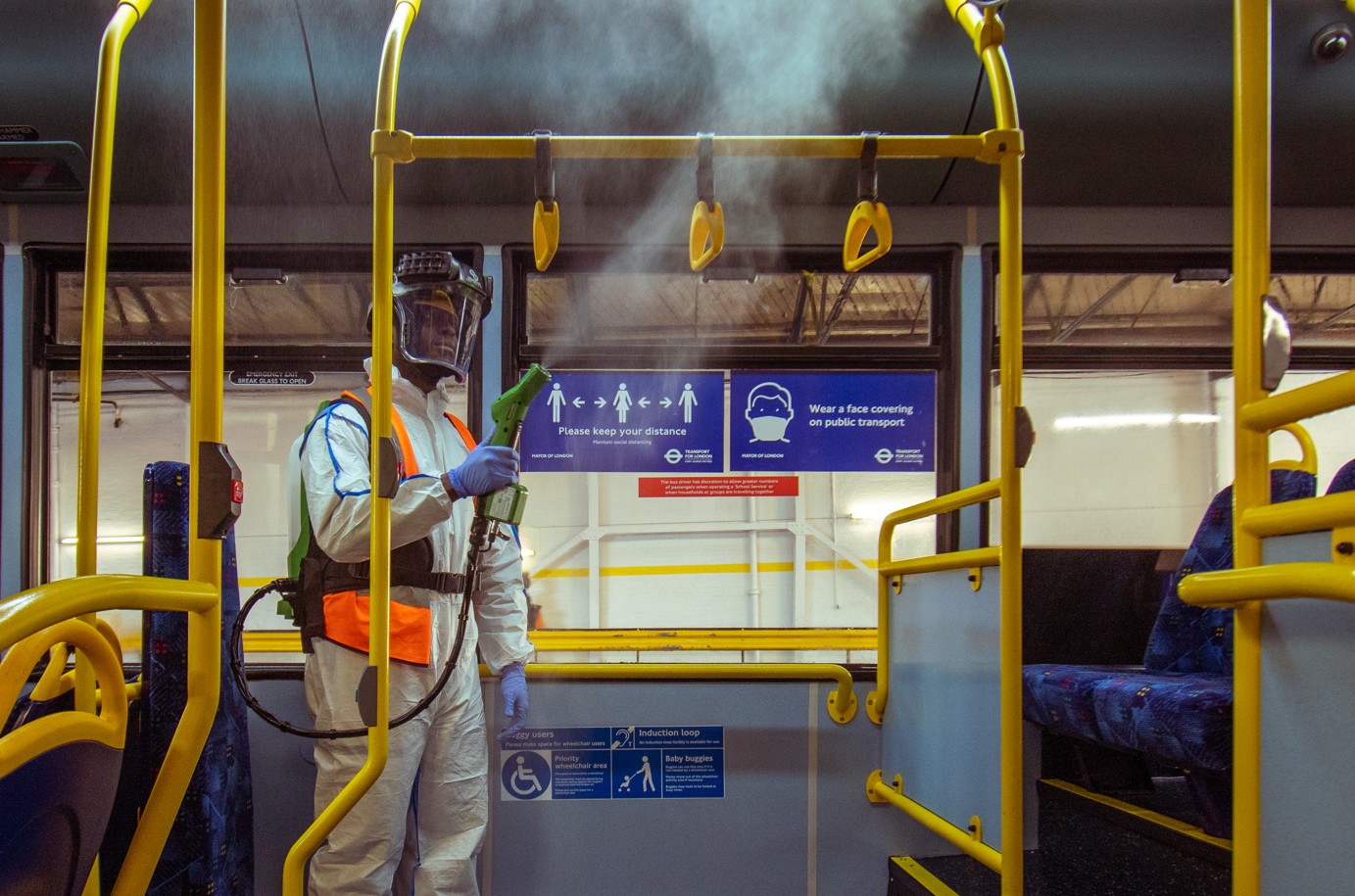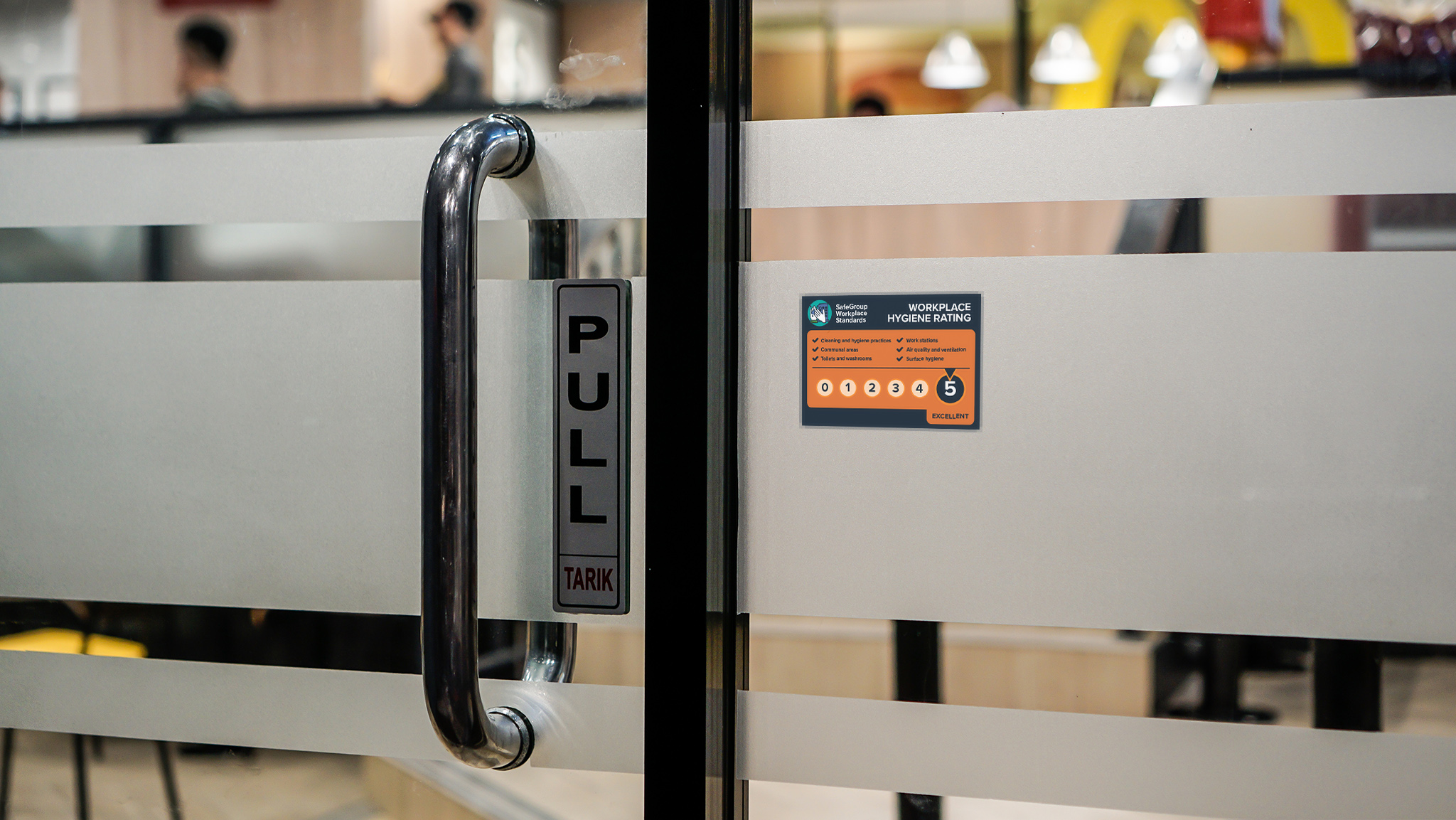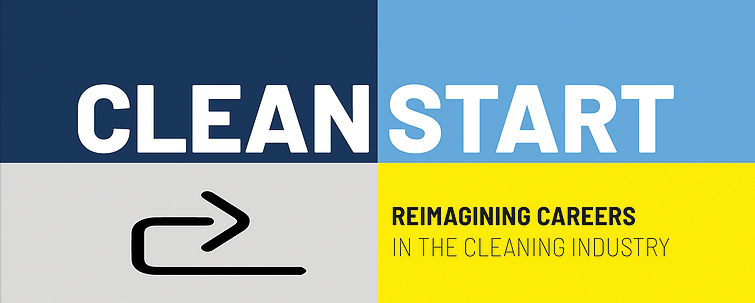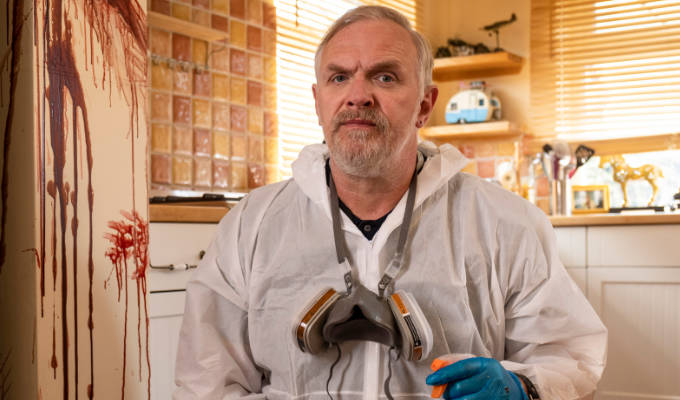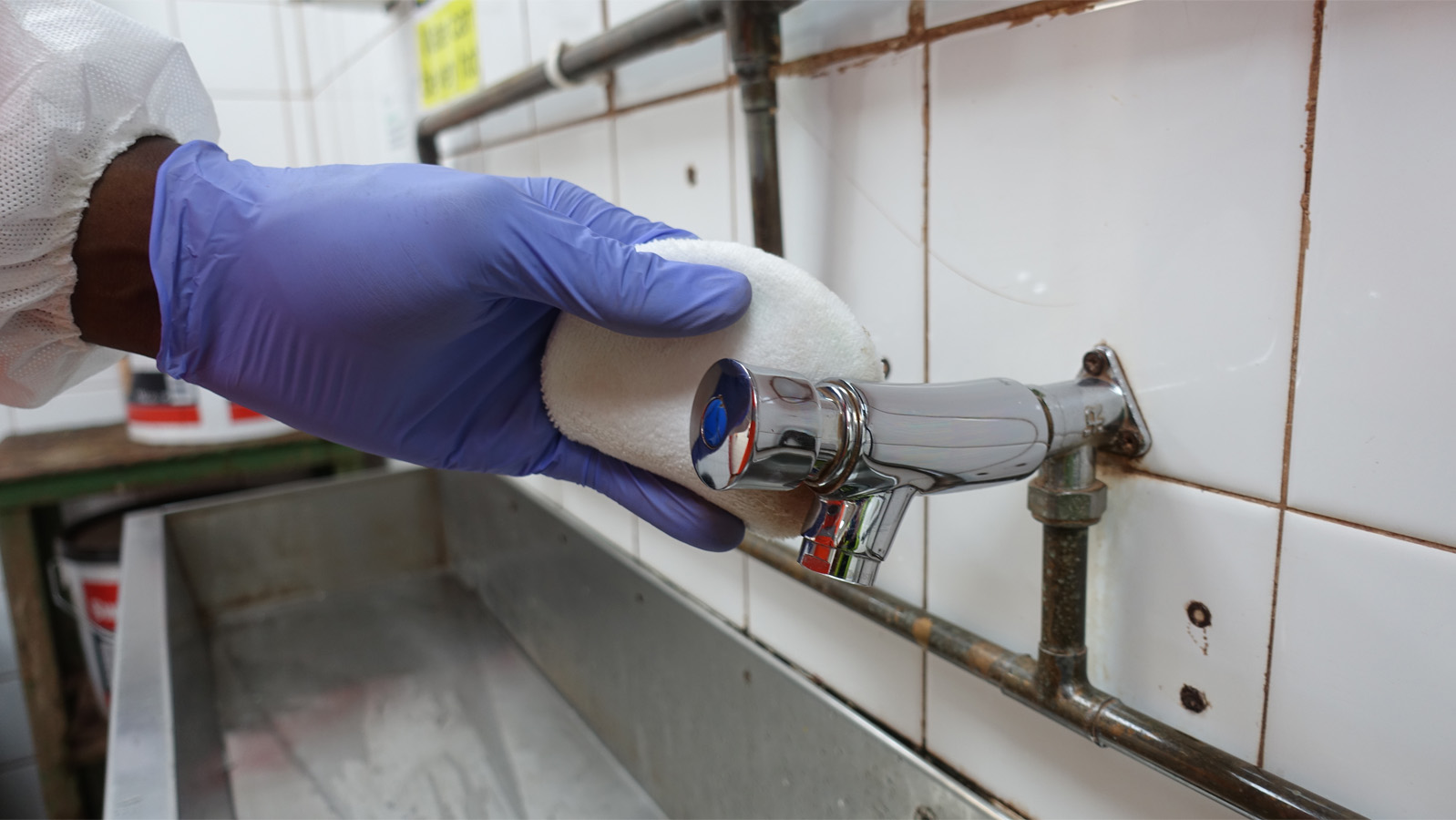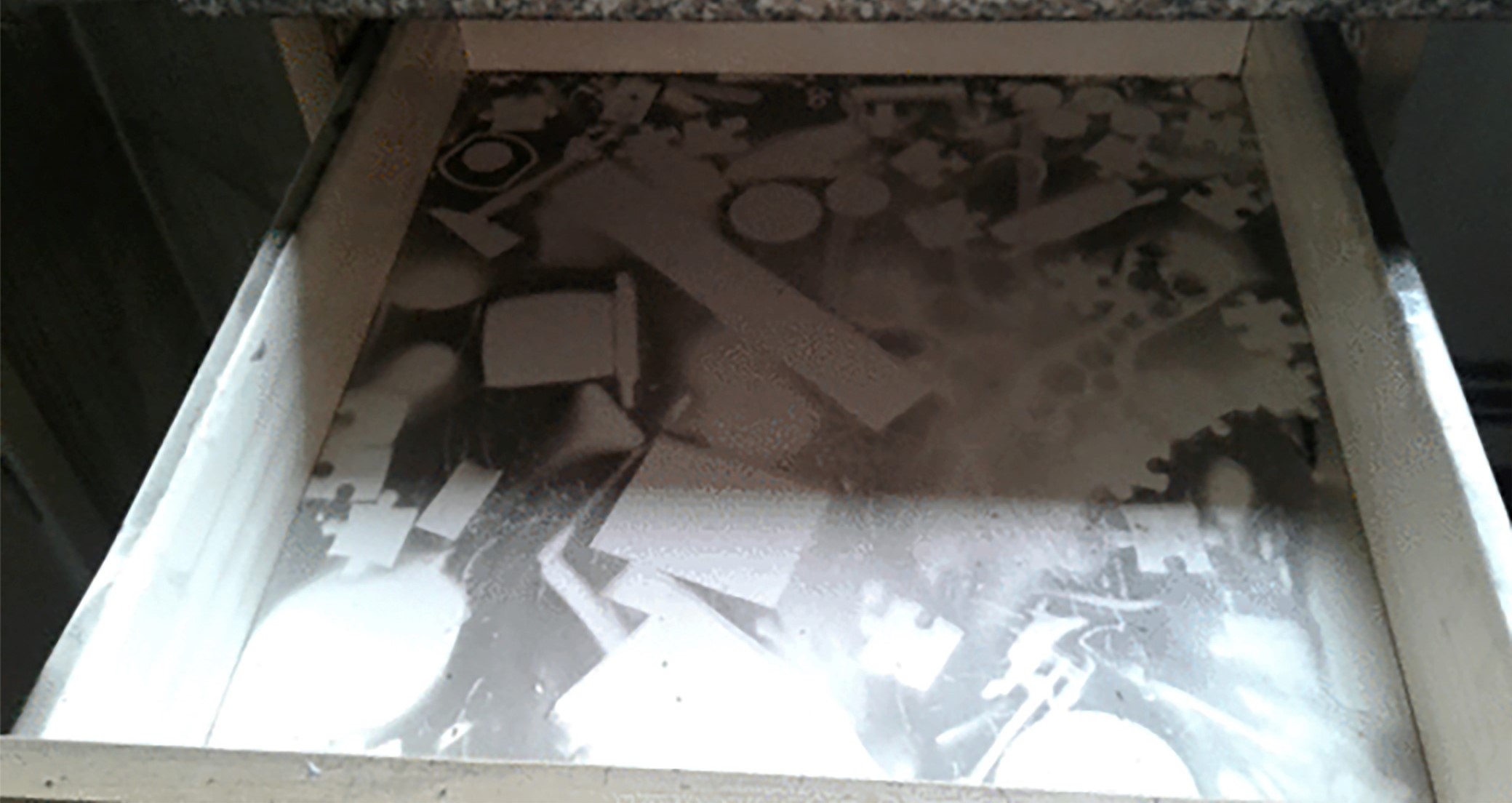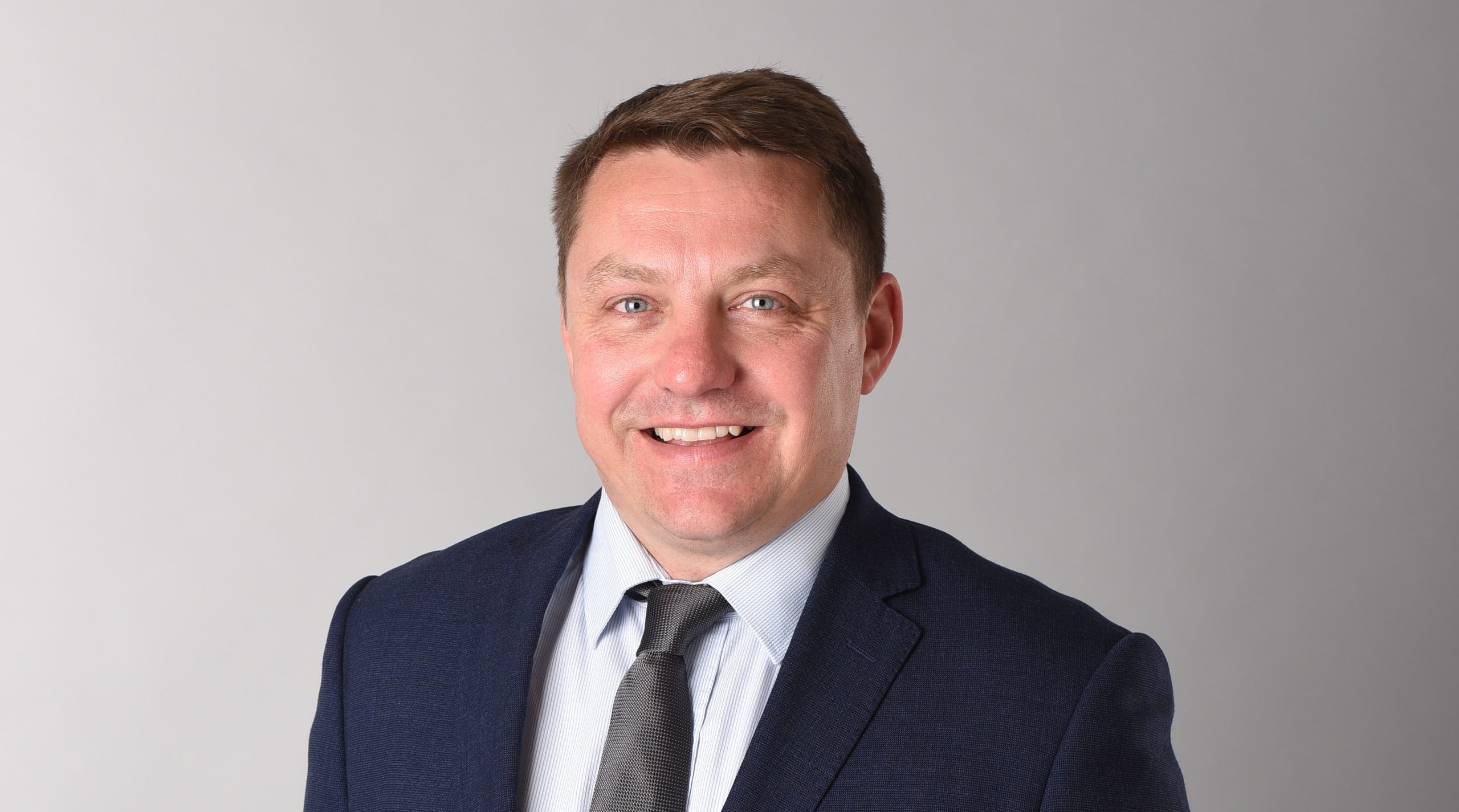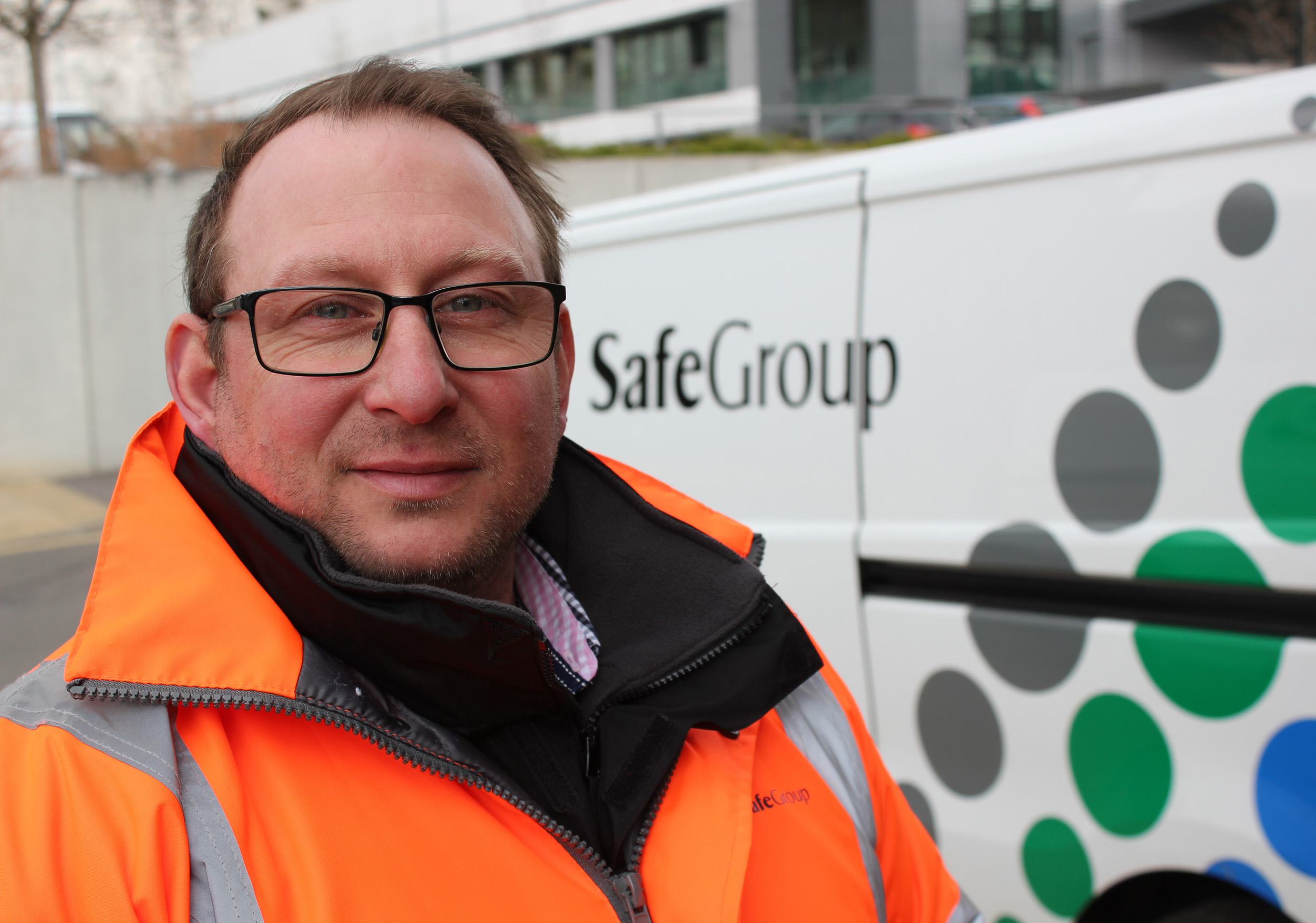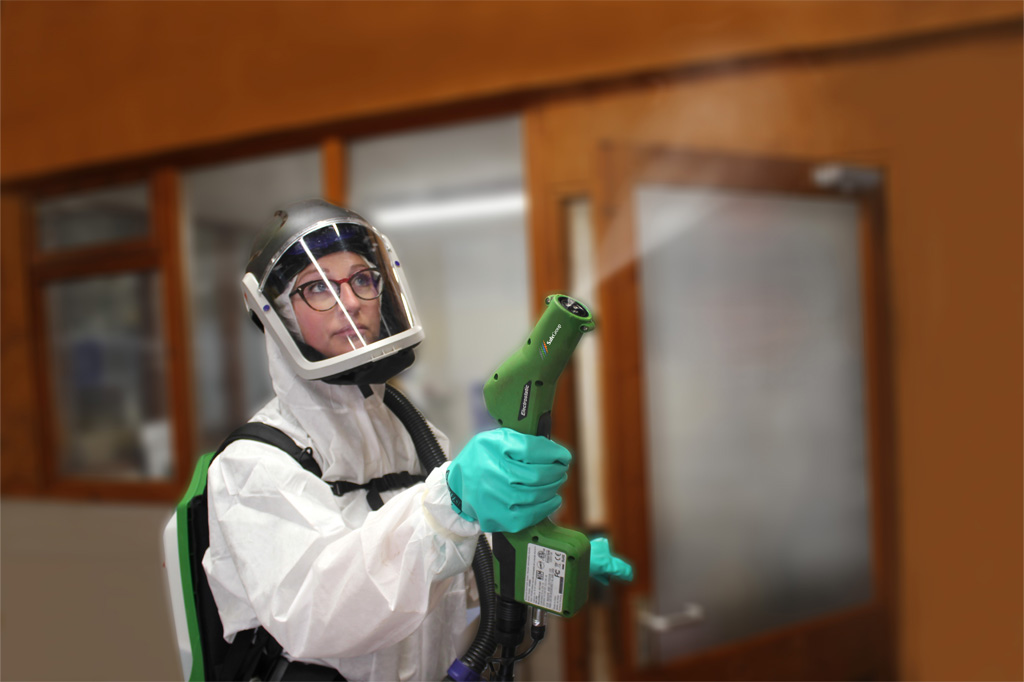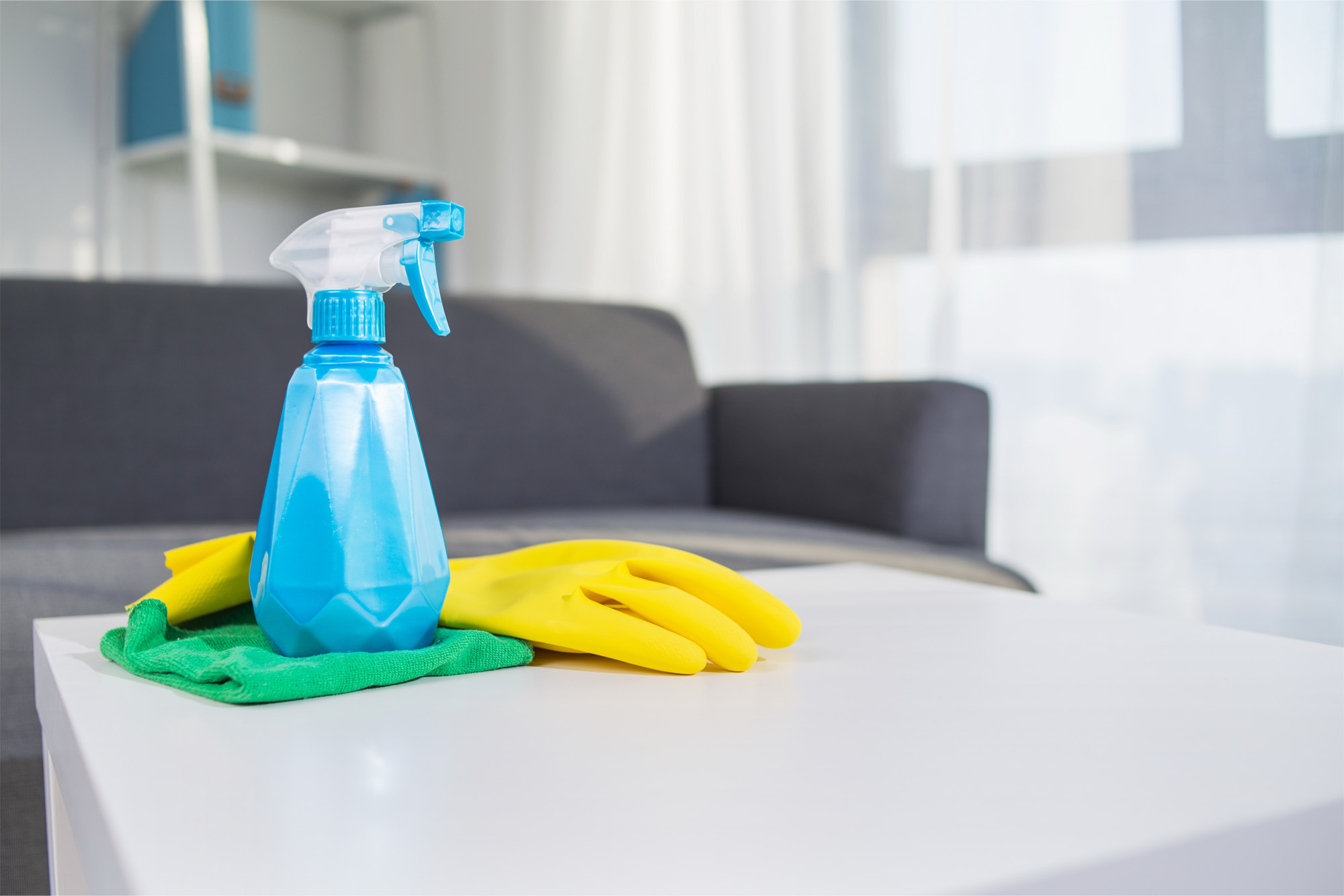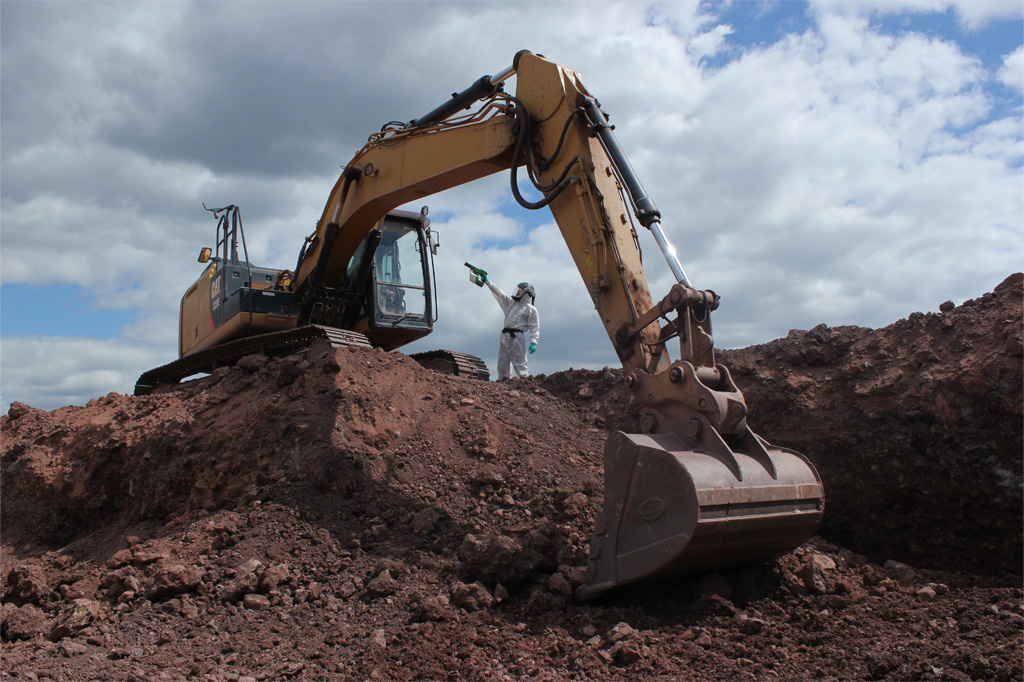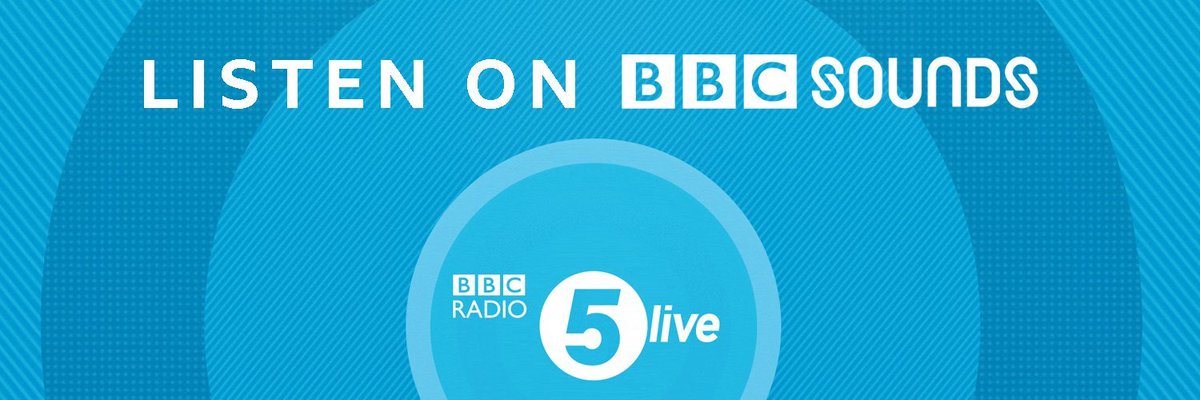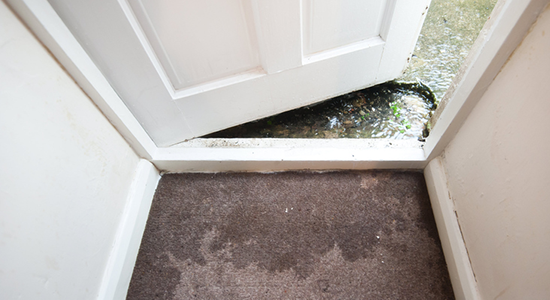A picture is rapidly emerging of very different post-COVID-19 workplace. Surveys and real-life experience are demonstrating that views about work have changed and that employers are responding.
A key element of this process is attitudes to hygiene and cleanliness. These trends will continue to develop and impact on business decision-making as we head into winter.
In many ways, the COVID-19 pandemic is coming to an end. Many of the controls put in place have been relaxed or removed. Personal choice, in most cases, guides the wearing of masks, and many now choose not to.
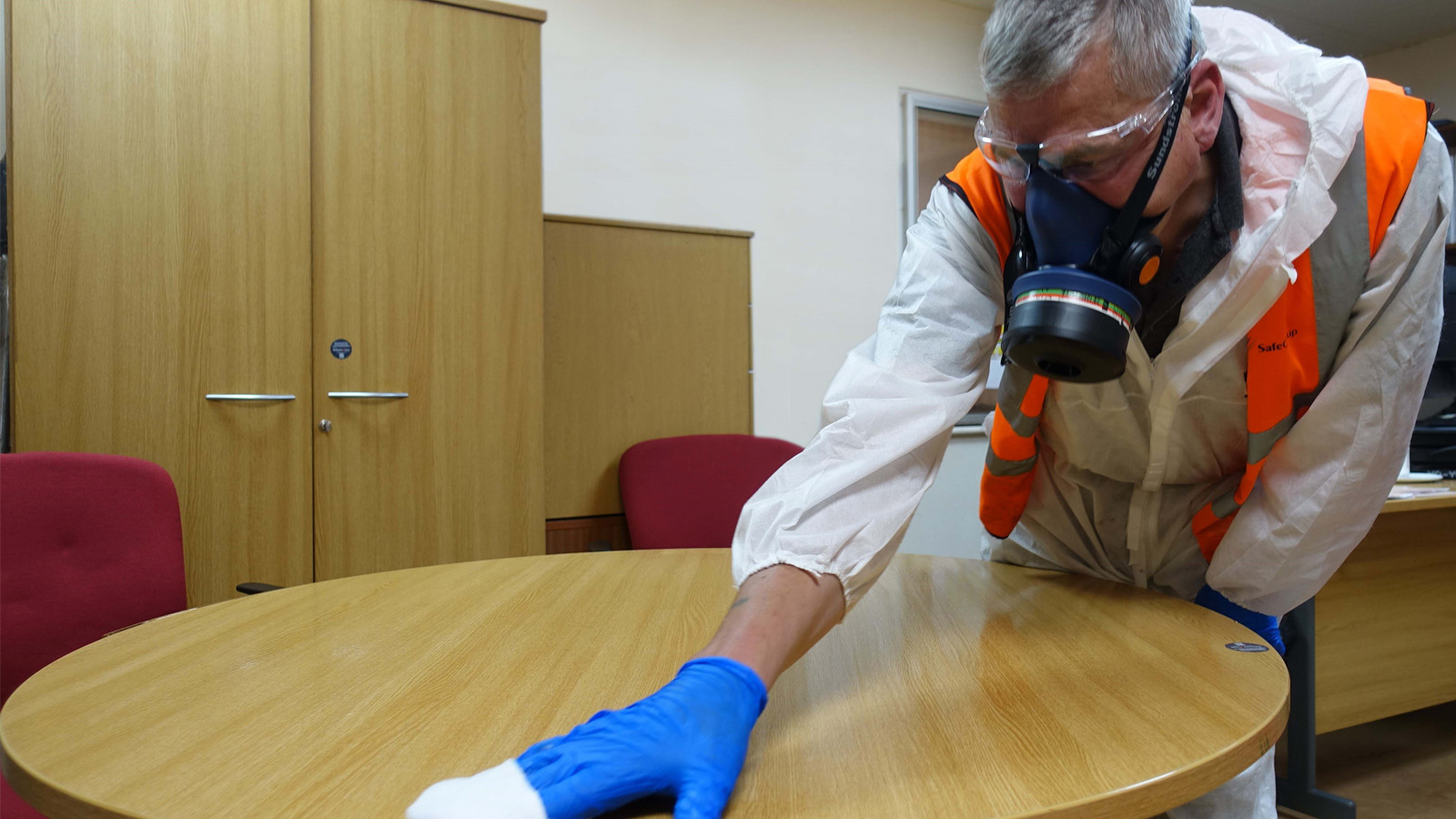
Winter flu
But over winter, as pressure on the NHS grows and it’s clear SARS-CoV-2 hasn’t gone away, there are bound to be calls for control measures to be introduced. The flu virus may turn out to be more serious a problem than COVID-19 as cases spike after being suppressed last winter.
There are signs that even standard winter colds are spiking as people gather together for the first time in nearly two years, and that they are nastier than usual, increasing lost working days.
All these pressures are making employers, both private and public, think hard about how to organise workplaces, and work in general, in the next few months and into the long-term.
Because of SafeGroup’s portfolio of services – which includes specialist cleaning, decontamination and antimicrobial surface protection – I’m very interested in what all this means for cleanliness and hygiene in the workplace.
Workplace anxieties
Central to the process of change is a debate about moving back into offices or continue to work from home.
Survey after survey is highlighting opinions and anxieties about returning to the workplace. One identified 40 concerns about returning to offices, with a quarter of all worries related to germs and hygiene.
A BBC poll found 79% of business leaders and 70% of the wider public surveyed believed people wouldn’t work in offices at the same levels as before the pandemic – meaning working from home at least some of the time would be more common.
The government is recognising this trend by developing proposed legislation that would give employees the right to ask for flexible working from the day they are taken on in a new job.
Another survey found 87% of people questions thought hygiene of premises they visited was more important now than before the pandemic.
Hygiene protocols
The survey, carried out by pest product manufacturer Pelsis, found over half of Britons thought businesses could be doing more to improve hygiene. Nearly three-quarters of respondents wanted to be able to check hygiene protocols of venues on line before visiting them.
Employers are having to respond rapidly to these trends. The Business information specialist, Gartner, has identified a number of ways companies are changing their approaches.
They include recognising that employees need to be treated more as individuals, taking into account a full range of emotional, psychological, wellbeing, and physical needs. Not least because these individuals care more about these aspects of their identity now as a result of the pandemic.
Leading companies are moving from a workforce strategy of efficiency to resilience, says Gartner. This has been an ongoing trend over the last decade but it has been accelerated by COVID-19.
Attracting talent
Gartner also says a new top tier of employers is emerging. Those who take these issues seriously and expect to gain a competitive advantage by attracting and supporting the best talent in a new world of work.
SafeGroup recognises the serious issues many employers face and have developed services designed to support them as they transition into a new way of working.
I believe attitudes of home and office working are crucial, with the following issues to the fore:
- Where all employees return to an office, there will still be increased concern about hygiene and cleanliness standards. In many cases, going back to the norm of paying lip service to hygiene is not an option.
- If, as is likely to be much more common, employees will be allowed to work flexibly from home and the office, the use of office space is likely to change.
- It’s more likely, in my view, that offices will be increasingly used for collaborative tasks, where team members meet and work together on key tasks.
- Office sizes are likely to be slimmed down. Companies will just not need so much space, with hot desking is likely to become more common.
- It seems counter-intuitive, but this could mean offices may become busier, and more intensively used rather than quieter.
- There will be a concern to improve hygiene but to also control costs. Rapid changes in working practices are always more costly to implement, so budgets will be stretched.
This makes the need for highly effective but cost-controlled hygiene systems a big priority. Individual concerns can’t be ignored, not when employers want to retain skilled and valuable colleagues.
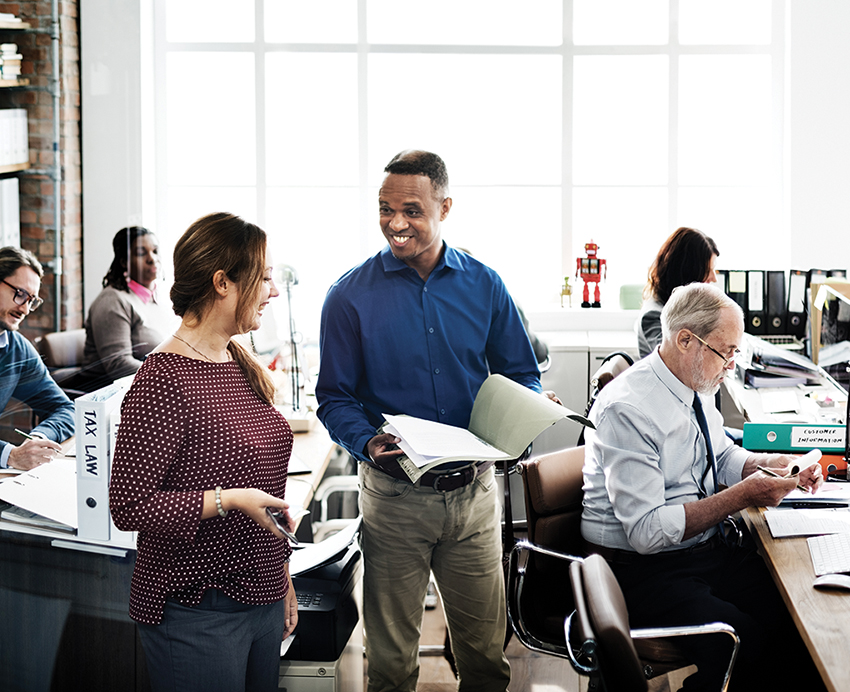
Personal risk
Companies don’t want staff to think working from home is safe, while going into to work is a worrying personal risk they would rather not have to take.
SafeGroup is helping employers deal with these challenges by providing them with the Touchpoint Shield antimicrobial surface protection system.
It’s an advanced and highly durable nanoceramic coating combined with silver ion technology that can be applied to many workplace surfaces to protect against SARS-CoV-2, the flu virus and many more potentially harmful and damaging micro-organisms, including bacteria, fungi and mould.
Touchpoint Shield has been proven to be 99.9+% effective against these pathogens, continuously destroying them so they cannot cause harm to humans.
Touchpoint cleaning
The coating is as good as invisible, so does not change the aesthetic look of an office space – something that is very important to many employers – and will stay in place for up to three years.
It can be applied to almost any surface, including door handles, push plates, switches, desks, chair handles and seats (it can be applied to surfaces as well as hard ones), bathroom furniture (including loo seats) and vehicle controls.
What many SafeGroup clients recognise as a big advantage is the ability to reduce high touchpoint cleaning to pre-pandemic levels and, thanks to Touchpoint Shield, still improve surface hygiene.
Our laboratory-backed field trials have shown touchpoint cleaning is largely ineffective at preventing the rapid regrowth if micro-organisms, even after just a few minutes.
Meanwhile, Touchpoint Shield is the opposite. It greatly reduces the ability of viruses and bacteria to remain active on a treated surface, reducing the risk of them triggering workplace illness.
Also, because the coating goes on working 24 hours a day, cleaning costs can be reduced. One major London banking group found it could reduce annual touchpoint cleaning costs by £800,000 a year.
Reduce sickness
On top of this, Touchpoint Shield has the potential to supress a wide range of work-related illness, including colds (which look like they’re worse this year) and serious stomach bugs, like winter vomiting.
This, in turn, will reduce lost days caused by illness.
SafeGroup also provides a range of other specialist cleaning services that support all employers as they seek to encourage their teams to return to work.
These include carrying out workplace deep cleans, anti-microbial decontamination with electrostatic spray systems, and high access cleaning.
Carrying out deep cleans and decontaminations, either at the start of the return to work, or as part of regular maintenance, demonstrates a commitment to cleanliness and full site hygiene.
It may seem strange that high access cleaning should be a consideration, but spaces not used for months will have gathered grime and dust. And, again, staff more sensitive now to cleanliness are likely to look critically at cleaning standards beyond their desk space.
Happy workforce
Ultimately, whatever strategy an employer chooses to managing their work flow from now on, cleaning and hygiene must have risen up the priority list of tasks to nurture a happy, well-motivated and productive workforce.
As the surveys referenced make clear, businesses that impress with their hygiene standards are more likely to encourage colleagues back into offices, without complaint, and to retain their loyalty.
That is why employers we work with see Touchpoint Shield, and SafeGroup’s other cleaning and hygiene services, are of such great value.
Find out more about Touchpoint Shield and other SafeGroup services: 0800 668 1268.



